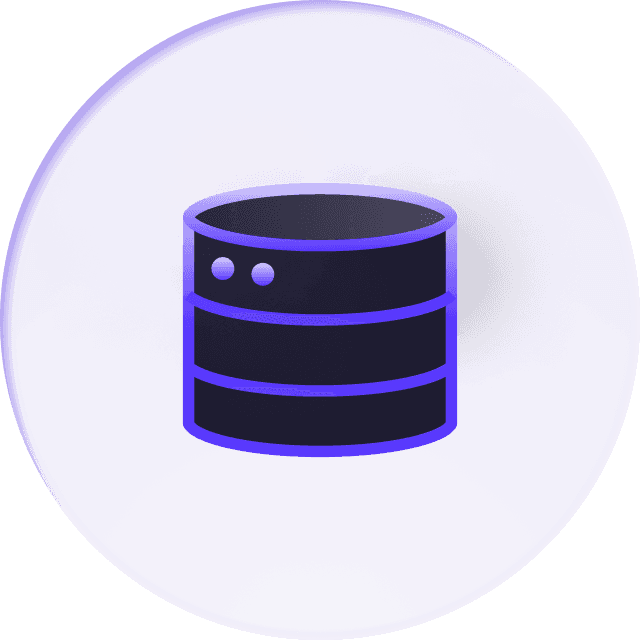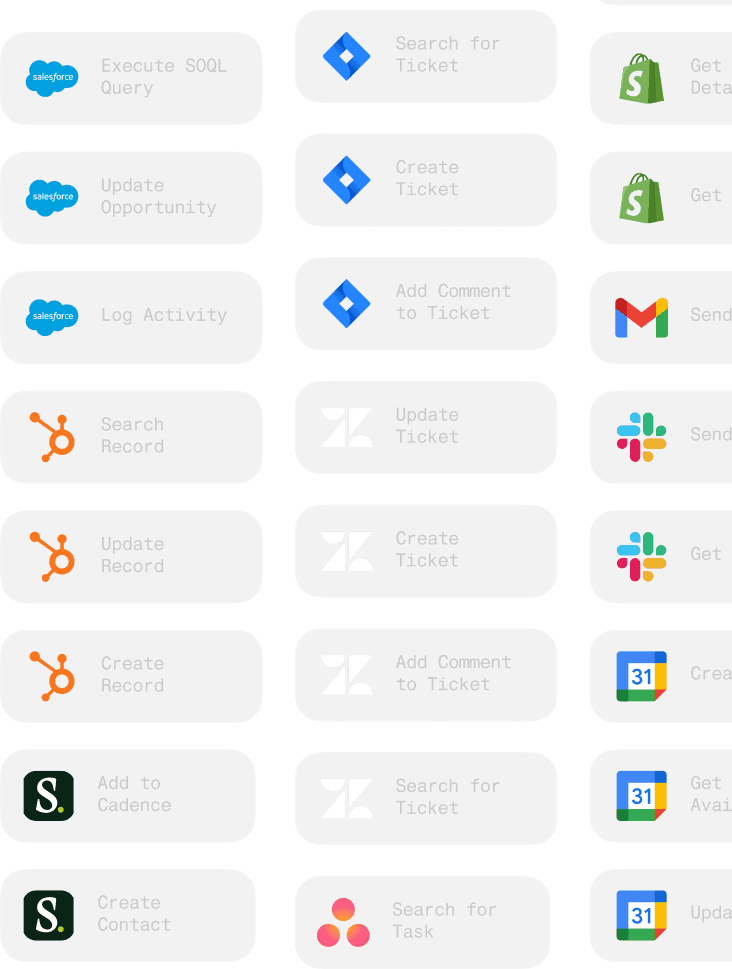SCALING INTEGRATIONS
Here’s why leading engineering teams switch to Paragon:
Extensibility: Get full access to underlying 3rd-party APIs, and build custom connectors on Paragon
Real-time sync: Don’t wait 24-hours for data to sync. Paragon supports webhooks on every integration
On-premise: Paragon can be deployed over the cloud or on-premise in your own infrastructure
User Analytics Platform
“We've tried to make the jump from Merge once or twice. Hasn’t worked out because we're locked in to the contract.
Workplace Management AI
“We used Merge for the last two years. Been unhappy with their lack of API pass through and non-passthrough. In order to meet our business goals, we needed to switch to a different provider."
Spend Management SaaS
A few of the many companies that have picked Paragon over Merge
Why engineering teams pick Paragon over Merge
The ‘build once and ship dozens’ story is great in theory, but not in practice.
From integration and endpoint limitations to sync frequency and security, many companies quickly realize Merge is not a scalable solution.
See comparison table
Pick Merge if:
Your product only needs to support a breadth of simple HRIS/ATS integrations
Merge has coverage on every single integration and endpoint you will need
24-hour sync frequency is acceptable
Pick Paragon if:
You need to build integrations across a variety of categories (CRM, ticketing, sales, etc.)
You want full & easy access to the underlying APIs and custom fields
Real-time behavior via webhooks is important for your use case
API Coverage
No use case limitations
Companies get stuck building custom workarounds when objects or fields are not supported within Merge’s common models.
Paragon was designed with extensibility in mind, with:

Pre-built connectors with 1:1 API coverage

Support for custom fields and objects

Integration specific webhooks triggers

Integration Coverage
Build any integration on Paragon
Need an integration that Merge doesn’t support? You’d need to build it from scratch, alongside the auth and monitoring infrastructure.
Paragon not only supports far more categories with its pre-built connectors, you can also build custom connectors in minutes, while still getting all the benefits of the platform.

Connectors for 16+ categories

Build your own custom connector in minutes

Centralize authentication, integration logic, and monitoring
Latency
Don’t settle for daily syncs and low rate limits
Merge’s sync jobs run once a day by default, their on-demand requests have extremely low rate limits (starting at 100/minute), and they only support webhooks for a handful integrations.
In contrast, Paragon provides you the tools to support real-time behavior across all your integrations.

Managed webhook triggers on most integrations

High concurrency task limits to support enterprise scale

CRON jobs that run up to once per minute on all plans

Don't take our word, see it for yourself
See why Paragon is the better choice for scaling your integration roadmap.
Workflows
Build durable ingestion jobs to ingest structured and unstructured data from your customers’ 3rd party tools.
Learn more
Hosting options
Enterprise-level security
If your customers have stringent security requirements, you don’t want to introduce another layer of complexity in their security review.
While both products offer SOC 2 Type 2 compliant cloud offerings, enterprise SaaS companies prefer Paragon because it can be hosted on-premise in their own infrastructure.

Deploy one or multiple on-premise instances of Paragon

Supports AWS, GCP, and Azure

Ready for enterprise

SOC 2
Type II

On-premise
deployment

Enterprise scale
& security

SSO & Role based access controls
Scale your entire integration roadmap with Paragon
Join 180+ SaaS companies that are scaling their integration roadmaps with Paragon.

















